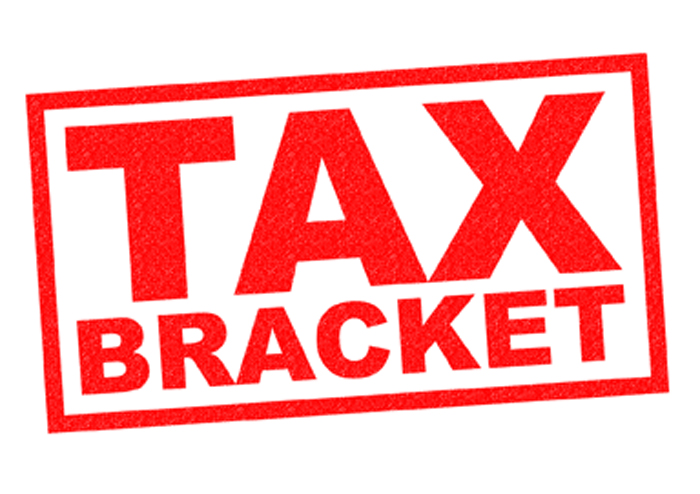- November 18, 2017
- Posted by: Hector Trevino
- Category: Finance & accounting, Uncategorized

2018 Tax Brackets & Standard Deductions Announced
On October 20, 2017, the IRS released the 2018 tax brackets (a tabled breakdown of the IRS federal income tax rates) and standard deduction amounts, and there will be a number of inflation adjustments over the 2017 tax brackets and standard deductions. Granted, the changes are minimal, given a CPI increase of just over 1% this past year.
Since we’re still in 2017, the 2017 tax brackets are going to be of most interest to you when you do your upcoming taxes, so I have included those as well. Armed with the below information, it would be an excellent time to calculate what your modified adjusted gross income will likely be next year and modify your tax allowances on your W4 form. This will help prevent being penalized for underpayment of taxes or getting a refund (which is really a form of self-penalization by letting the government borrow your money, interest-free).
I have a separate article on earned income tax credit tables.
2017 Tax Brackets (IRS Federal Income Tax Rates)
In the tables below, it is important to note that the highlighted rates represent the income tax rate owed for the portion of your taxable income that falls into that bracket. As an example, if you are single and your taxable income is $50,000, your tax tax rate on your first $9,275 of taxable income is 10%, while taxable income between $9,325 and $37,950 is taxed at 15%, while income from $37,950 to $50,000 would be taxed at 25%.
Many taxpayers incorrectly assume that if your total income peaks at the 35% tax bracket, for example, all of your income is taxed at that rate. That is not true. The United States federal income tax system is a “progressive” system and the result is your actual tax rate is less than the tax rate in the top bracket you are in. With that in mind, here are the 2017 tax brackets:
2017 Standard Deductions & Dependent Exemptions
Standard deductions can lower your taxable income by allowing you to deduct from your taxable income, if you decide not to itemize taxes.
Aside from the standard deductions, there are income tax exemptions that can be claimed, whether you itemize your taxes or take the standard deduction. You can take one exemption for yourself unless you can be claimed as a dependent by another taxpayer. If another taxpayer is entitled to claim you as a dependent, you cannot take an exemption for yourself even if the other taxpayer doesn’t actually claim you as a dependent.
You can also claim an exemption for each dependent. Note that a spouse can never be claimed as a dependent.
Here are the 2017 standard deduction and exemption amounts:
2018 Tax Brackets (IRS Federal Income Tax Rates)
Here are the new 2018 tax brackets:
2018 Standard Deductions & Exemptions
And the 2018 standard deduction and exemption amounts:
For more information, check out the IRS website and my “how to do your taxes” guide.
Contact or Visit Us Today:
1700 Old Norcross Rd. Suite 2 Lawrenceville, GA 30046
770-277-3830
THE DESTINATION FOR ALL YOUR EXPERT FINANCIAL ADVICE AND SERVICES
